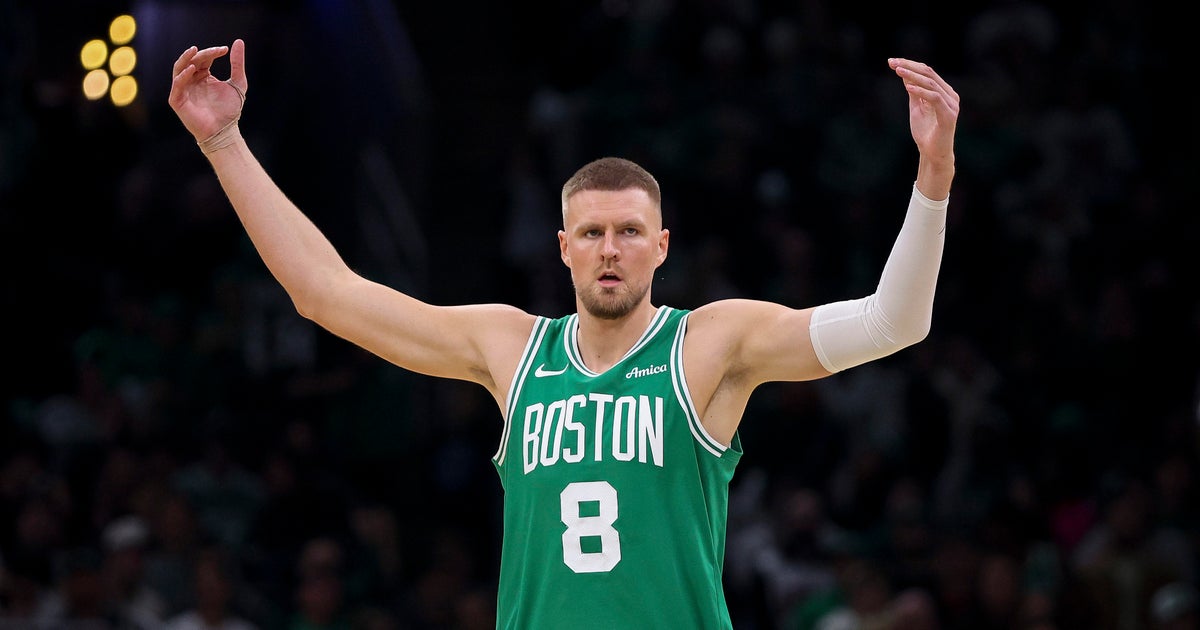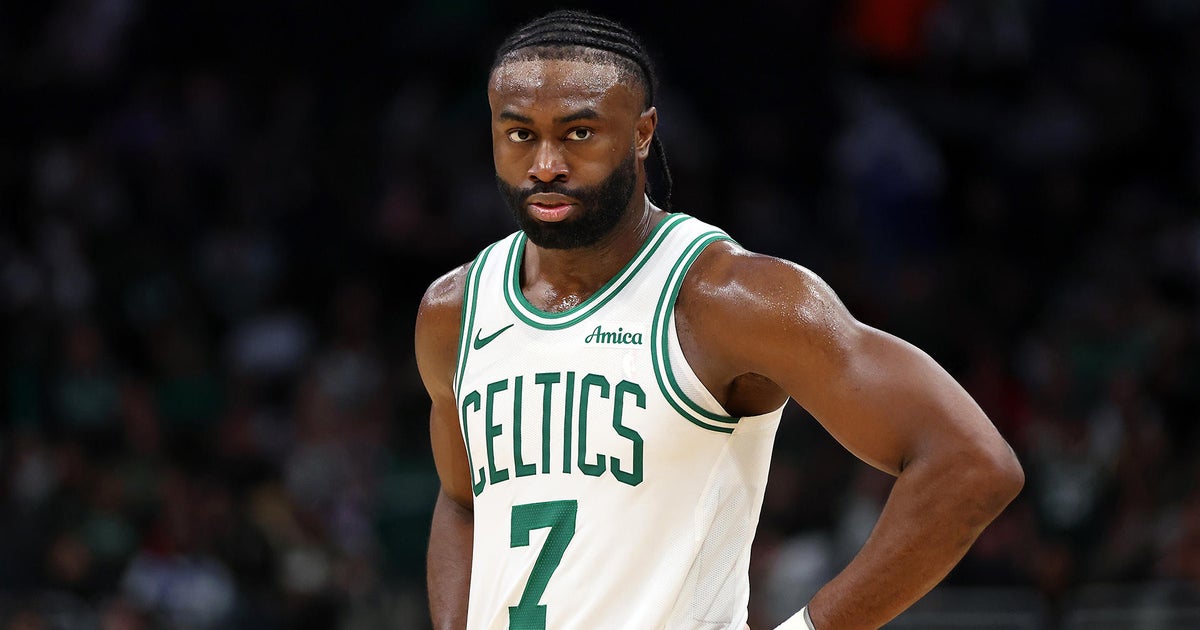Robb: Celtics Must Improve Effort on Glass to Have Chance Against Cavs
BOSTON (CBS) – Stopping the Cleveland Cavaliers' high-powered offensive attack is a challenging endeavor for any team in the NBA. LeBron James, Kyrie Irving, and Kevin Love have a multitude of ways they can score the basketball, putting a team like the Celtics on their heels for each and every possession at the defensive end of the floor.
Despite allowing 113 points in their Game 1 loss to the Cavaliers on Sunday, Boston did an admirable job of defending Cleveland's three stars and supporting cast for the majority of the contest. Irving hit some incredible shots, but Love and James had subpar shooting nights for the most part. The problem? Boston didn't finish the job after forcing the Cavs into missed baskets.
Instead, the Cavs took advantage of a lackluster Boston effort on the glass by grabbing a whopping 15 offensive rebounds on the team's misfires. Those extra shot opportunities led to 18 crucial second-chance points in the win.
The Celtics' lackluster effort on the boards wasn't entirely Boston's own fault. The additional chances partially came thanks to Cleveland's size advantage in the front court with Love, Tristan Thompson, and Timofey Mozgov, which Boston simply doesn't have the size to match up against.
Still, there was more to the rebounding problem than the height disparity, as Brad Stevens explained after the game.
"You're rotating, you're trapping," Stevens told reporters in Cleveland after the game. "I thought we did as good of a job on LeBron as we could have done, but I think in those rotations, sometimes you leave Tristan Thompson, and we have to rotate to block out.
"We have to rotate to challenge shooters. We have to rotate to be there. Obviously, the offensive rebounds and getting outscored at the 3-point line are two huge, critical things. But again, you have to pick your poison a little bit, because that's a really good team."
With Love's ability to spread the floor as a stretch-four, Cleveland usually has four 3-point shooting threats on the floor at all times. That fact alone pulls big men like Brandon Bass (one rebound in 27 minutes) out of the paint, leaving undersized wings and guards to fight Cleveland's bigs for putbacks.
The Cavs have feasted on teams in this area throughout the year, as they finished the regular season as a top-6 rebounding team on the offensive end. However, their success on Sunday afternoon was a bit of an outlier, as they grabbed 35 percent of all possible rebounds on the offensive end. For some perspective, the NBA's best offensive rebounding team (the Utah Jazz) grabbed 29 percent of all possible rebounds on the offensive end this year, signaling just how dominating Cleveland's Game 1 rebounding was.
How can the Celtics hope to cut down on those numbers as the series moves forward? Jae Crowder says it all starts with his team's focus.
"I think [defensive rebounding] is one thing we didn't emphasize enough coming into the series. Now that we know what we have to do now, we're going to look at film, get better, see what we can do better on the rotations blocking those big guys out.
"They're going to put you in rotation. That's basketball. They've got good offensive players, so they're going to put you in rotation. But we've got to get the guards to come down and get rebounds. When the bigs have got the other bigs locked up, we've got to come down and get rebounds. Penetration and making us rotate is part of the game."
If the Celtics want to give themselves a chance in the series, they can't afford to spot their talented opponent additional looks at the basket. Stevens won't be able to solve the team's size issue in the frontcourt, but he needs to figure out how he can get his gritty group to hold its own on the glass.
Brian Robb covers the Celtics for CBS Boston and contributes to NBA.com, among other media outlets. You can follow him on Twitter @CelticsHub.



